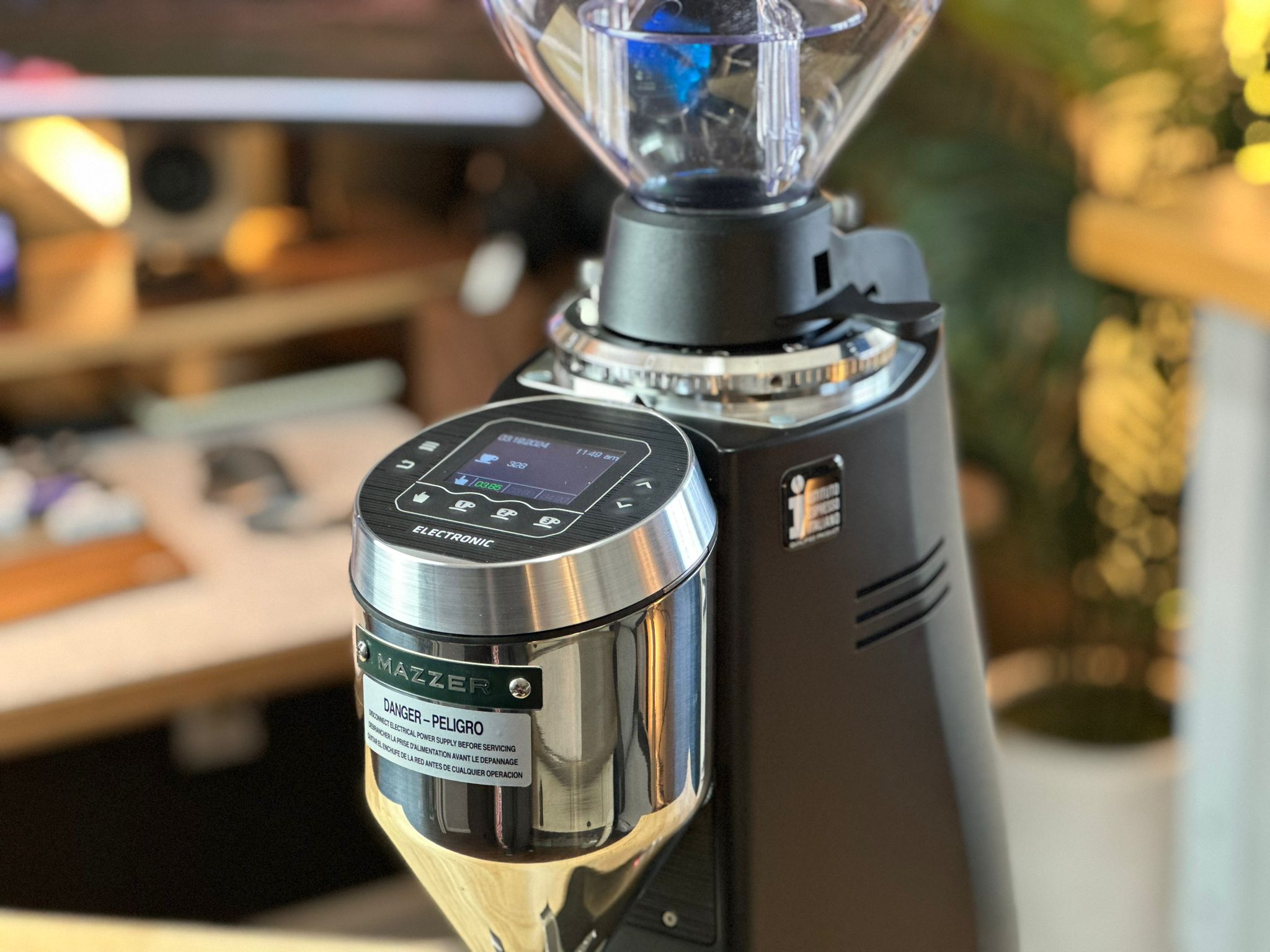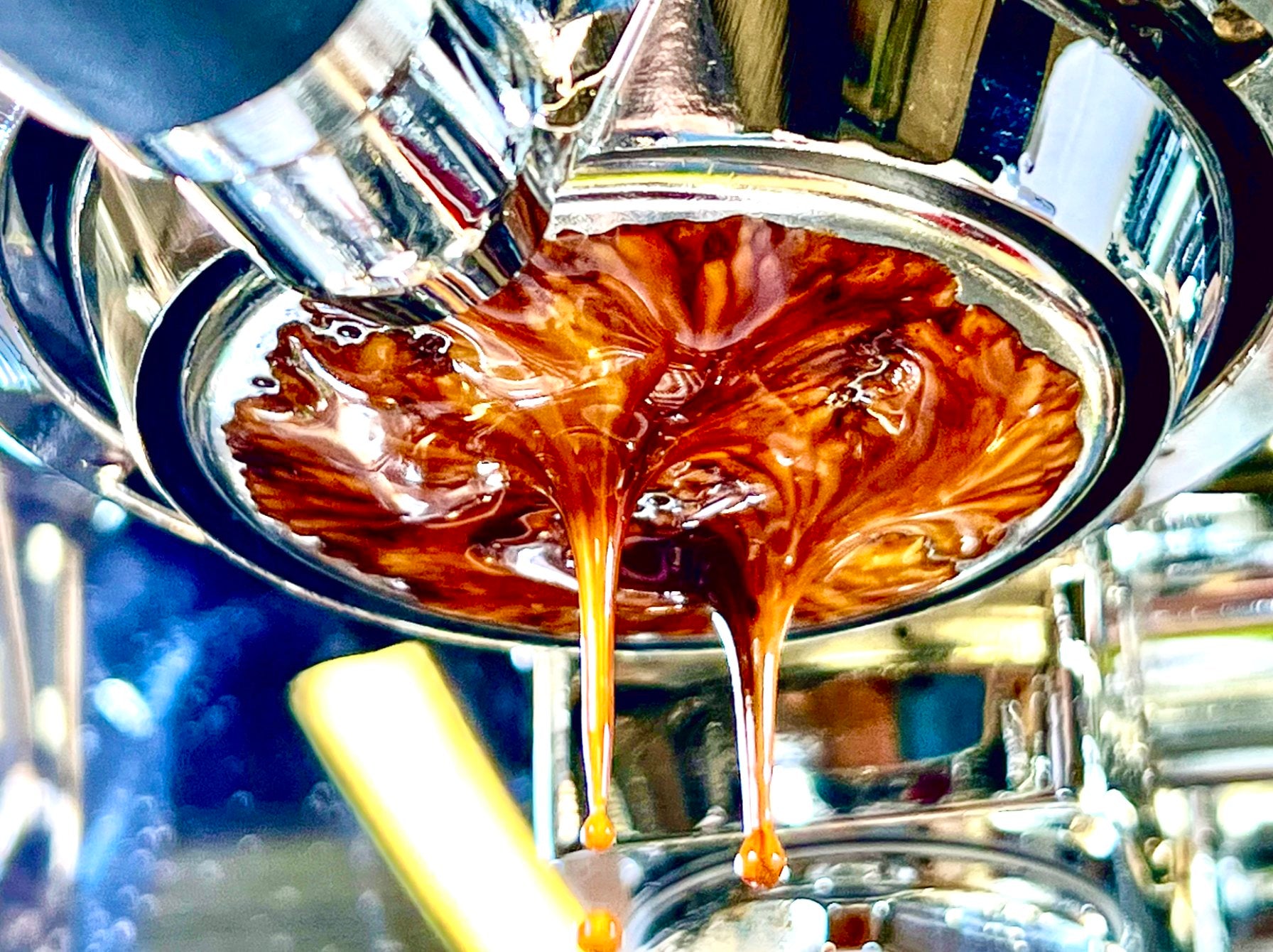Caffeine and Kids: Understanding the Effects of Caffeine at Different Ages
Caffeine is one of the most widely consumed stimulants in the world, found not only in coffee but also in tea, chocolate, soda, energy drinks, and even certain medications. While it’s generally considered safe for adults in moderate amounts, caffeine consumption in children is a topic of concern for many parents. Understanding how caffeine affects children at different stages of development, the recommended limits for caffeine intake, and the potential risks is crucial for making informed decisions about when and how much caffeine is appropriate for kids.
In this article, we’ll explore the effects of caffeine on children at various ages, discuss how much caffeine is safe, and outline the potential health risks associated with excessive caffeine consumption.
1. What is Caffeine and How Does It Work?
Caffeine is a central nervous system stimulant that works primarily by blocking adenosine receptors in the brain. Adenosine is a neurotransmitter that promotes relaxation and sleepiness. When caffeine blocks these receptors, it creates a sense of wakefulness and alertness.¹
In addition to its stimulating effects, caffeine also affects the heart rate, blood pressure, and the release of certain hormones like adrenaline. While these effects can be mild and generally well-tolerated by adults, they can be more pronounced in children, whose bodies are still developing and who typically have lower tolerances to stimulants.
2. Caffeine and Children: Age-Based Considerations
Infants and Toddlers (0-3 Years Old)
Caffeine Intake Recommendation: Zero
Infants and toddlers should avoid caffeine entirely. At this age, the nervous system is still rapidly developing, and caffeine can overstimulate their system, leading to symptoms like irritability, poor sleep, and increased heart rate.² Additionally, babies and toddlers have a much slower metabolism of caffeine than older children and adults, which means that the stimulant stays in their systems for a longer time.
Preschool and Early School-Age Children (4-6 Years Old)
Caffeine Intake Recommendation: Zero to Very Minimal
For children between the ages of 4 and 6, it is best to minimize or completely avoid caffeine. At this age, caffeine can have significant effects on behavior and sleep. Studies show that children are more sensitive to caffeine’s stimulating effects, which can manifest as hyperactivity, restlessness, and anxiety.³
Caffeine can also interfere with sleep quality at this age, potentially leading to difficulties with focus, mood, and learning during the day. Sleep is critical for brain development in young children, and even small amounts of caffeine can disrupt this important process.
Children Ages 7-12 Years
Caffeine Intake Recommendation: Up to 45 mg/day
As children get older, they begin to develop a slightly higher tolerance for caffeine. However, intake should still be carefully monitored. For children in this age group, a maximum of 45 mg of caffeine per day is considered safe by experts, which is about the amount found in a small chocolate bar or a cup of hot chocolate.⁴
Potential effects of caffeine on this age group include:
- Sleep Disruption: Even small amounts of caffeine can delay the onset of sleep, reduce sleep duration, and affect sleep quality, which can have cascading effects on attention, learning, and mood.
- Increased Heart Rate: Caffeine can raise a child's heart rate and blood pressure, although the effects are generally mild.⁵
- Hyperactivity: Caffeine can exacerbate symptoms of hyperactivity in children, especially those diagnosed with Attention-Deficit/Hyperactivity Disorder (ADHD).⁶
Adolescents (13-18 Years Old)
Caffeine Intake Recommendation: Up to 100 mg/day
Adolescents can generally handle more caffeine than younger children, but moderation is still important. For teens, the recommended limit is up to 100 mg of caffeine per day, equivalent to one cup of coffee or a can of soda.⁷
Teens are more likely to consume caffeine from sources like energy drinks or soda, both of which often contain high levels of caffeine and sugar. While small amounts of caffeine may be safe for teenagers, excessive consumption can lead to negative health effects, including:
- Increased Risk of Anxiety: High caffeine intake in teens has been associated with increased feelings of anxiety and stress.⁸
- Sleep Disruption: Caffeine can significantly impact sleep in teens, and poor sleep during adolescence has been linked to reduced academic performance, mood disorders, and behavioral problems.⁹
- Dependency: Adolescents are also at risk for developing caffeine dependency, where they need increasingly higher amounts to achieve the same stimulating effects. This can lead to withdrawal symptoms such as headaches, fatigue, and irritability when they don’t consume caffeine.¹⁰
3. Potential Risks of Caffeine for Children
Caffeine affects children differently than it does adults, and overconsumption can lead to several health issues. These include:
1. Sleep Disruption
Caffeine is known to interfere with sleep patterns by delaying the onset of sleep, reducing total sleep time, and decreasing the amount of deep, restorative sleep. Because sleep is crucial for growth, brain development, and learning, caffeine-related sleep disruption can have long-term negative consequences for children.¹¹
2. Behavioral Effects
Caffeine can cause increased hyperactivity, restlessness, and anxiety in children. Children are particularly sensitive to these effects because their nervous systems are still developing. In children with pre-existing conditions like ADHD, caffeine may exacerbate symptoms.¹²
3. Cardiovascular Effects
Caffeine can cause an increase in heart rate and blood pressure in children, especially at higher doses. Although these effects are generally temporary and not harmful in healthy children, individuals with underlying cardiovascular conditions may be at risk for more severe outcomes.¹³
4. Calcium Absorption
There is some concern that high caffeine consumption can interfere with calcium absorption, which is vital for bone development in children. While occasional caffeine intake is unlikely to have a significant effect, regular consumption of large amounts of caffeine could potentially affect bone health in growing children and teenagers.¹⁴
5. Dependency and Withdrawal
Regular caffeine consumption can lead to dependency, even in children. When they stop consuming caffeine, they may experience withdrawal symptoms such as headaches, irritability, and fatigue. This can be problematic, especially for teenagers who consume high-caffeine energy drinks or coffee regularly.¹⁵
4. Recommended Caffeine Limits for Different Age Groups
To minimize the risks associated with caffeine, the following guidelines are generally recommended for children at different ages:
| Age Group | Recommended Caffeine Limit | Common Equivalent |
|---|---|---|
| 0-3 years | 0 mg/day | No caffeine-containing products |
| 4-6 years | 0-5 mg/day | Small amounts in chocolate (minimal) |
| 7-12 years | Up to 45 mg/day | 1 small cup of hot chocolate |
| 13-18 years | Up to 100 mg/day | 1 regular cup of coffee or soda |
5. Sources of Caffeine
Parents often think of coffee as the primary source of caffeine, but caffeine can be found in many foods and beverages. It's essential to be aware of these sources when monitoring your child’s caffeine intake:
- Chocolate: A bar of milk chocolate can contain 10-20 mg of caffeine, while dark chocolate has more.
- Soft Drinks: A can of cola typically contains around 30-40 mg of caffeine.
- Energy Drinks: These can contain anywhere from 50-300 mg of caffeine per can, far exceeding the recommended limits for children and adolescents.¹⁶
- Tea: Depending on the type, tea can have 20-60 mg of caffeine per cup.
- Coffee: A standard cup of coffee contains 80-100 mg of caffeine, which is usually too much for younger children.
Conclusion
Caffeine consumption in children should be carefully monitored due to the potential effects on sleep, behavior, and health. For younger children, it’s best to avoid caffeine altogether, while older children and teens can safely consume small amounts within recommended limits. Understanding how caffeine affects different age groups and being mindful of hidden sources of caffeine can help parents make informed decisions to protect their children's well-being.

















